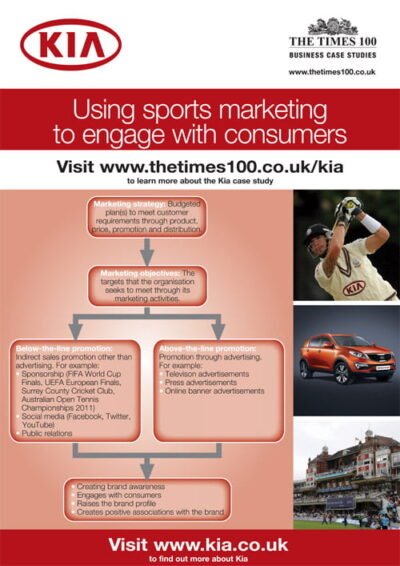
What are the basic principles of marketing? Identify customer needs and desires. Develop a product that fulfils them. Promote the product. Deliver it to the customer. Baby formula accomplishes all these steps.
Fortune Business Insights predicted the global infant formula market would grow to $81.72 billion this year. By 2032, it could be valued at $178.83 billion.
The Journey of Baby Formula Products
The need for powdered baby milk in the early 20th century was borne out of desperation. Mothers who couldn’t afford wet nurses had to mix animal milk with water, broth, or flour.
And then came along German chemist Justus von Liebig. He developed the first known baby formula in 1865. He called it “soup for babies.” Instead of saving lives with his baby formula, Liebig’s product tragically caused the deaths of seven infants.
Fast-forward to the present day. Many would think Liebig’s invention served as a cautionary tale for future generations. An example of this is the ongoing Enfamil lawsuit. The baby formula made by Mead Johnson has been linked to Necrotizing Enterocolitis (NEC) in premature babies. Similac baby formula was also named in the NEC baby formula lawsuit.
The bacterial infection can pose a life-threatening risk, occurring when the tissue in the baby’s intestine becomes inflamed and starts to deteriorate.
FDA Accused of Delayed Reaction
The FDA issued its most severe level of concern last month when it pulled baby formula from stores. The Class 1 recall called for parents to immediately dispose of the formula or risk their infant’s health.
Enfamil ProSobee was one of the recalled brands. TorHoerman Law has consolidated multiple lawsuits against Similac and Enfamil baby formula products into a multi-district litigation.
The FDA has not escaped criticism. As per the Department of Health and Human Services, it neglected to heed the warning signs.
There were mounting concerns with baby formula maker Abbott. The company initiated a recall and shut down its plant, resulting in a critical shortage in 2022.
According to the Inspector General’s investigation cited by GMA, the FDA’s inadequate communication and oversight systems resulted in delays in their response.
Parents complained about their babies getting sick after taking formula made at Abbott’s Michigan plant. Thereafter, an audit of the FDA found that strains of the same deadly bacteria had been detected in the plant.
The Evolution of Baby Formula Marketing
The Lancet published a series of papers on breastfeeding in 2023. Infant formula manufacturers weren’t too pleased with their claims.
The peer-reviewed journal argued that infant formula advertising was the main factor limiting breastfeeding.
The papers contended that marketing strategies for baby formula aim to shape societal beliefs, values, and political and business practices to create environments conducive to increased sales of infant formula.
In April 2022, WHO exposed the exploitative marketing practices employed by baby formula brands. The UN agency published a report that detailed how social media platforms and influencers received payment for granting access to pregnant women and mothers.
The report went as far as outlining the digital marketing techniques used to influence decision-making. Via various online platforms, brands could collect personal information and send promotions to pregnant women and mothers.
Deceptive Marketing?
Toddler milk is often presented as a nutritional step up from infant formula or breast milk. Unlike infant formula, the U.S. does not regulate it. According to Time, it’s been an “open secret” that deceptive marketing has helped sales boom.
The American Academy of Pediatrics (AAP) hopes to put an end to that and last year, they formally called for regulatory oversight of the market.
George Fuchs, one of the authors of the AAP report, stated to Time that toddler milk not only lacks nutritional value but actively avoids it. Fuchs identified the main components as powdered milk, high-calorie sweeteners, and vegetable oil.
Nature Could Provide Answers
For decades, experts have been trying to replicate human breast milk. The nutritional value of mother’s milk is incomparable. This is partly to do with a unique blend of prebiotic molecules that help prevent disease and support healthy gut bacteria.
Scientists at the University of California, Berkeley, believe they may have found a way to close the gap, as reported by Berkeley News. They suggest the answer might lie in genetically engineered plants.
The team ingeniously reprogrammed plants’ sugar-making mechanisms to produce human milk sugars, scientifically known as human milk oligosaccharides. Senior study author Patrick Shih explained that plants already have an underlying sugar metabolism, which they rerouted to make human milk oligosaccharides.
New parents should be wary of the marketing used to lure them into using infant milk formula. Always be on guard and delete those personalized promotions in your inbox.
 Kia A3 ePoster Edition 16 "Using sports marketing to engage with consumers"
Kia A3 ePoster Edition 16 "Using sports marketing to engage with consumers" 